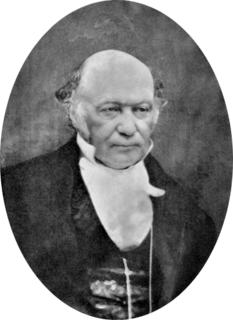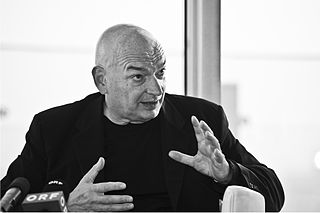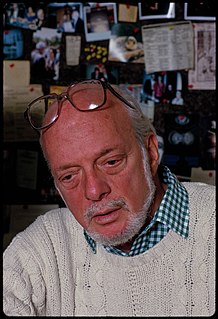A Quote by Joseph Gordon-Levitt
I mean, movies in general tend to sort of portray time, space and identity as these very solid things. Time moves forward. Space is what it is. You are you, and you're always you.
Related Quotes
But as Van casually directed the searchlight of backthought into that maze of the past where the mirror-lined narrow paths not only took different turns, but used different levels (as a mule-drawn cart passes under the arch of a viaduct along which a motor skims by), he found himself tackling, in still vague and idle fashion, the science that was to obsess his mature years - problems of space and time, space versus time, time-twisted space, space as time, time as space - and space breaking away from time, in the final tragic triumph of human cogitation: I am because I die.
I wasn't frightened going to outer space. I'd been living this in my head for many, many years, so I sort of had played all of these scenarios of flying into space and seeing earth. I think I was very prepared for it. It was almost a completely joyful, very happy, very exciting experience, and I didn't have time or any desire to think about what things could go wrong.
If you sort of see yourself writing into a space that you don't always recognize, you sometimes learn things that you knew, but weren't entirely aware of. It's very liberating for a writer to go into a space where she or he has not gone before, because, instead of being a tourist, you're like an explorer now, and you're sort of lost in this new idea.
Time is said to have only one dimension, and space to have three dimensions. ... The mathematical quaternion partakes of both these elements; in technical language it may be said to be 'time plus space', or 'space plus time': and in this sense it has, or at least involves a reference to, four dimensions. And how the One of Time, of Space the Three, Might in the Chain of Symbols girdled be.
What differentiates time from space is that time does have a direction. In that sense it is different from space. I think that's certainly true that whereas spatial dimensions don't have direction or an arrow, time does. It runs from past to future. But I see that arrow of time as rooted in a deeper metaphysical reality, namely the reality of temporal becoming - of things coming to be and passing away. That is why time has this arrow. But it's not sufficient to simply say that time and space are distinct because time has a direction. The question will be: why does it have a direction?
In 2009 I went up on the space shuttle. I was in space for 16 days and docked at the space station for 11 days. The entire crew did five space walks, of which I was involved with three of them. When you're doing a space walk, you always have a buddy with you. It's a very dangerous environment when you're doing a space walk.
If our friendship depends on things like space and time, then when we finally overcome space and time, we've destroyed our own brotherhood! But overcome space, and all we have left is Here. Overcome time, and all we have left is Now. And in the middle of Here and Now, don't you think that we might see each other once or twice?
Organizing time is exactly like organizing space. Just as a closet is a limited amount of space into which you must fit a certain number of objects, a schedule is a limited space into which you must fit a certain number of tasks. Each day and each week is simply a container, a storage unit with a definite capacity. The trick is to treat time not as an abstraction but as something solid that you can hold on to and move around.




































